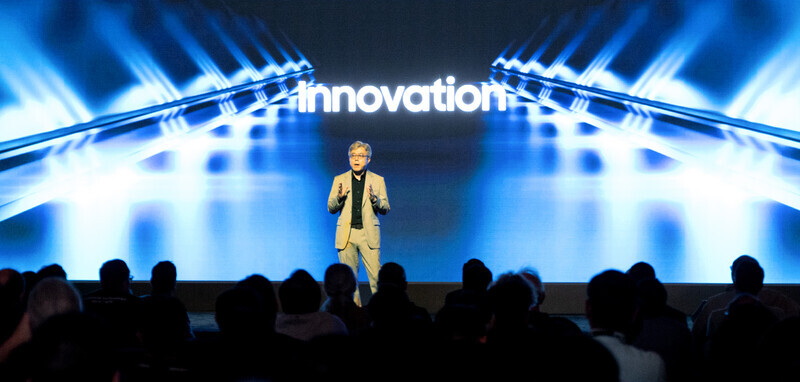
Samsung Electronics, the world’s largest memory semiconductor company, is strengthening its foundry business to catch Taiwan’s TSMC, which is the best foundry (consignment production).Bloomberg evaluated that Samsung Electronics challenged TSMC as a way to significantly strengthen its foundry.
Choi Si-young, president of Samsung Electronics’ foundry business, said at the ‘Samsung Foundry Forum’ held at the San Jose Signia Hotel in the U.S., “We will start gallium nitride (GaN) power semiconductor foundry service for consumers, data centers, and vehicles in 2025.” GaN is a next-generation power semiconductor that can overcome the limitations of silicon semiconductors and maximize system high-speed switching and power savings. Through this, the strategy is to catch up with TSMC, the foundry leader. To this end, Samsung Electronics has decided to implement a “shell first” strategy to build a production plant first. Through this, it plans to expand its production capacity by 7.3 times in 2027 compared to 2021.

Samsung has operated the line according to the demand ordered by customers, but in the future, it will build the line first and receive customers.Samsung’s factories are currently concentrated in East Asia. Samsung believes that it needs to diversify its production plant geographically and is stepping up efforts.
In particular, in the case of the United States, the Biden administration is fostering domestic chip production with an incentive of about $5 billion. U.S. administration officials have said they will provide some of the funds to companies such as Samsung, which is based overseas but is expanding on U.S. soil. Samsung, which has been operating a production facility in Austin, Texas for about 20 years, is scheduled to complete its new Taylor plant this year and plans to start operations in the second half of 2024. Along with Taylor Fab, Samsung Electronics is planning to expand its production line in Pyeongtaek as well as its Yongin production base.Bloomberg reported that Samsung Electronics and Intel in the U.S. are accelerating their entry into the foundry market as demand for high-end processors increases rapidly due to the emergence of generative artificial intelligence (AI).
KS CHOI
US ASIA JOURNAL



